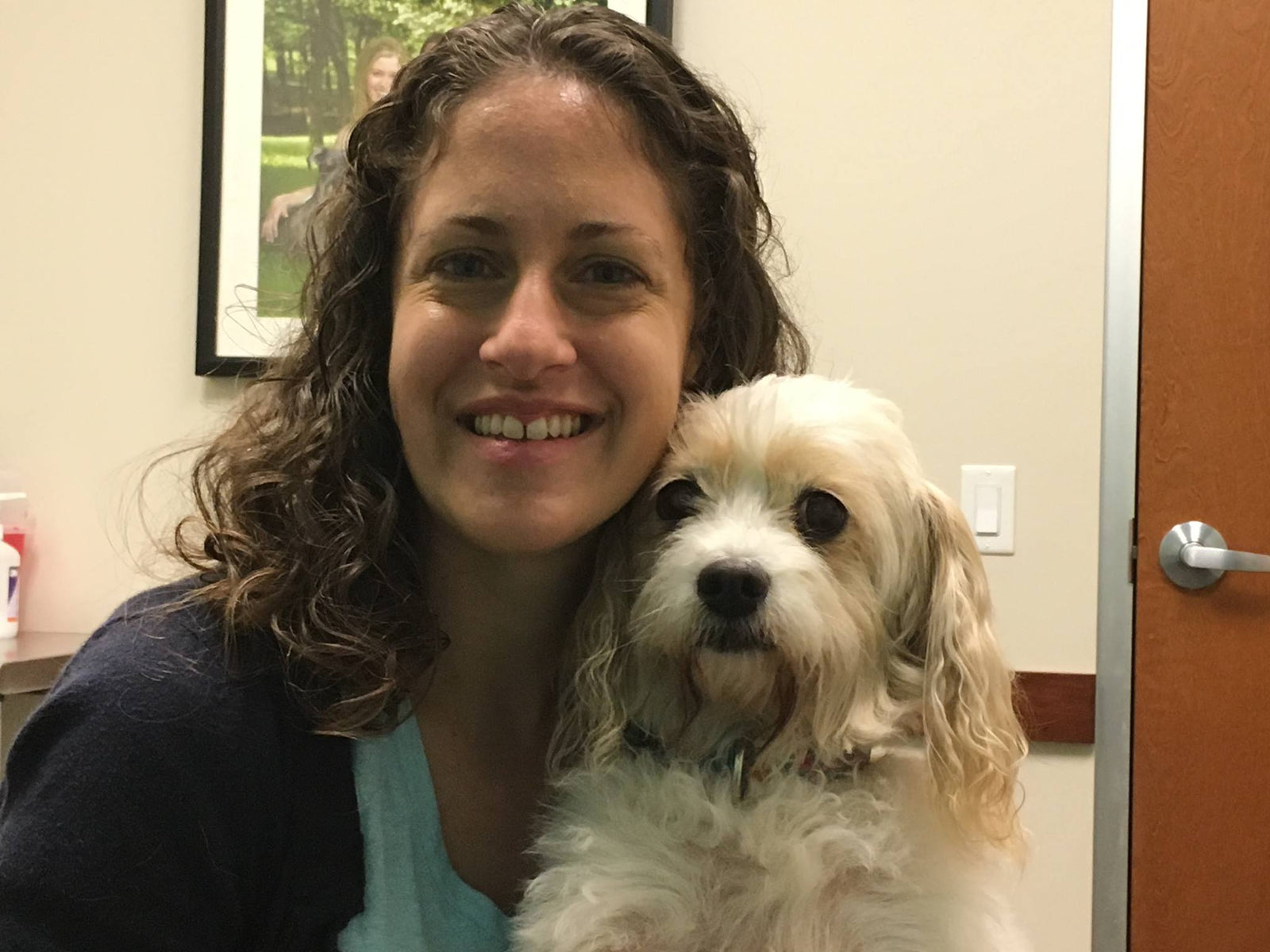You never want to be the owner of the pet that the veterinarian proclaims is a "very unusual case". Translation: not exactly sure what to do with this! And, of course, veterinarians typically own pets that are "not the usual case". Maybe because some higher power knows we will go to the ends of the earth to find answers?
Myra's biopsy report came back as "transmural intestinal lymphoma", meaning the cancer extended through all muscle layers of the bowel and into the surrounding fat. The lymphocytes were "small cell", which is uncommon in dogs, but fairly common in cat intestinal lymphoma. The cancer cells that were seen had a low mitotic rate, meaning they don't seem to be dividing and replicating very rapidly. They probably were "B" cells. That's great news! Or so we thought.
One week after the second surgery where the cancer diagnosis was made, Myra started vomiting and the lymph nodes in her neck blew up. Having big lymph nodes goes along with the more aggressive form of cancer where the cells are "T" cell lymphocytes. The report from the oncology visit states "We discussed today that Myra's case is not typical in that she presented initially with GI lymphoma and now this involves the mandibular lymph nodes. Furthermore GI lymphoma in dogs is typically aggressive and most often associated with lymphoblasts (young aggressive cells), while Myra's pathology report from the intestinal stricture indicated primarily small lymphocytes which more often correlates with the slowly progressive forms of lymphoma. The biologic behavior of her cancer thus far (rapid growth of the submandibular lymph nodes) is concerning for aggressive lymphoblastic lymphoma."
Sigh...
The slowly progressive form has a prognosis of 2 to 3 years or longer. The aggressive form has a prognosis of 2 to 3 months, maybe 6 to 8 with chemotherapy.
Dr. Kate Vickery (pictured with Myra), Myra's new best friend, took some cells out of the lymph nodes to send out for a special test called "flow cytometry". That test should tell us which form we are dealing with. You don't have to think too hard to guess which one we are hoping for.
If Myra starts to meow and chooses to have the cancer that is more commonly found in cats, we'll have to teach all our dogs to sing a kitty chorus of thanks.
In my next blog I'll talk about some of the holistic therapies we are incorporating into Myra's treatment plan.
Disclaimer: This content is for informational purposes only and is not meant to diagnose, treat, or replace consulting a primary veterinarian for individualized care.

